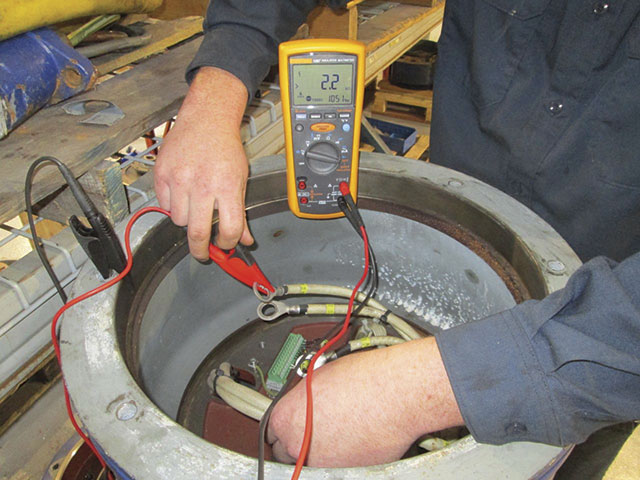Electricians are the unsung heroes of modern society, tirelessly working behind the scenes to keep our lights on and our appliances running smoothly. Yet, despite their crucial role, there are several misconceptions surrounding the profession that often cloud people’s judgment. In this comprehensive guide, we aim to debunk these myths and shed light on the truth behind electricians and their work.
Myth #1: Electricians Only Deal with Wiring and Outlets
One of the most common misconceptions about electricians is that their expertise is limited to installing wiring and fixing outlets. While these tasks certainly fall within their purview, the scope of an electrician’s work is much broader. From designing electrical systems for new constructions to troubleshooting complex issues in industrial settings, electricians possess a diverse skill set that extends far beyond basic wiring.
Myth #2: Anyone Can Do Electrical Work with a DIY Guide
With the abundance of DIY tutorials available online, some may believe that tackling electrical work is as simple as following a step-by-step guide. However, this misconception can have dangerous consequences. Electrical systems are intricate and potentially hazardous, requiring specialized knowledge and training to handle safely. Attempting DIY electrical work without proper expertise not only puts your property at risk but also jeopardizes your safety and that of others.
Myth #3: Electricians Are Overpriced
Another common misconception is that electricians charge exorbitant rates for their services. While it’s true that professional electrical work comes at a cost, it’s essential to consider the value it provides. Skilled electricians undergo rigorous training and certification to ensure they can deliver safe and efficient solutions to complex electrical problems. Moreover, investing in professional electrical services can prevent costly damages and ensure compliance with building codes and regulations.
Myth #4: Electricians Only Work During Emergencies
Contrary to popular belief, electricians are not solely called upon during emergencies. While they certainly play a vital role in addressing urgent issues such as power outages and electrical failures, their services extend far beyond crisis management. Electricians are also responsible for routine maintenance, inspections, and upgrades to ensure the long-term functionality and safety of electrical systems.

Myth #5: All Electricians Are the Same
Not all electricians are created equal, and assuming so can lead to subpar results. There are various specialties within the field of electrical work, ranging from residential to commercial to industrial. Each requires unique skills and expertise tailored to the specific environment and requirements. When seeking electrical services, it’s crucial to choose a qualified professional with experience relevant to your needs. If you are looking for the best electrical company, feel free to visit their page to learn more.
Myth #6: Electricians Are Becoming Obsolete with Smart Technology
In an era dominated by smart technology and automation, some may speculate about the relevance of traditional trades like electrical work. However, the reality is quite the opposite. As technology advances, the demand for skilled electricians remains strong, if not increasing. Smart home devices and renewable energy systems require expert installation and integration, presenting new opportunities for electricians to showcase their expertise.
Debunking Misconceptions to Appreciate the Vital Role of Electricians
In conclusion, it’s clear that many misconceptions surround the profession of electricians, stemming from a lack of understanding of the depth and complexity of their work. By debunking these myths, we can gain a newfound appreciation for the essential role that electricians play in our daily lives. From ensuring the safety of our homes to powering our businesses, electricians are the backbone of our modern infrastructure, deserving of recognition and respect.
